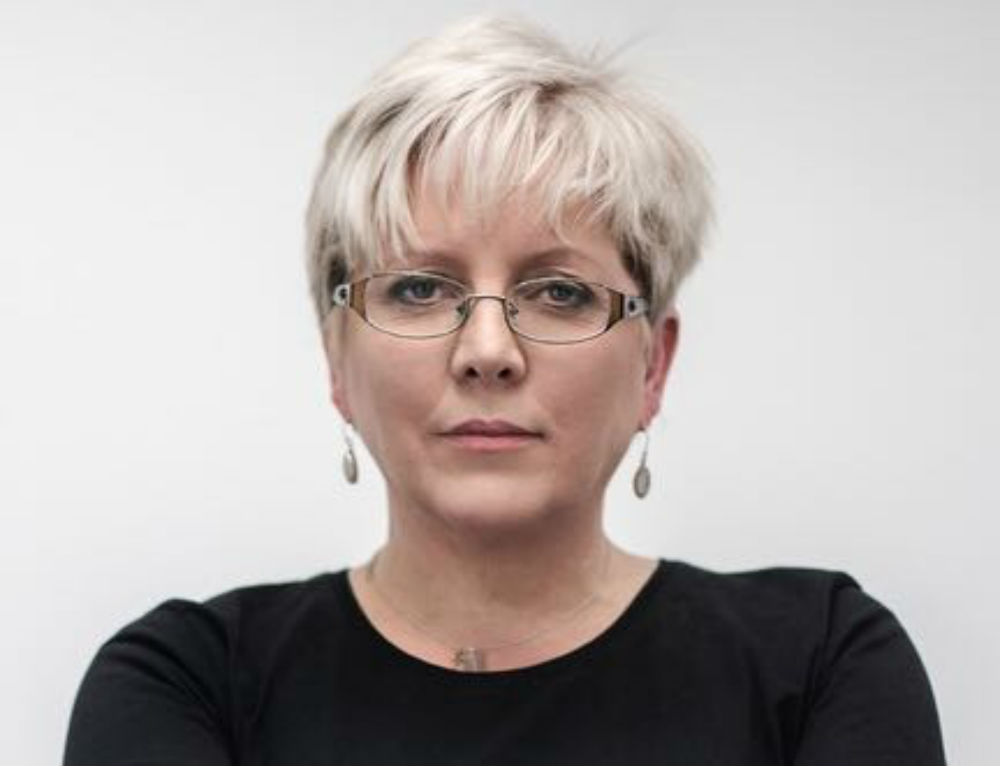New York Times journalist Steven Erlanger, author and journalist Kai Strittmatter and Tech correspondent for the Financial Times Yuan Yang gathered in the Spark Theatre gathered together on one of the hottest days of August to discuss the politics and culture of China.

The former China editor for BBC News, Carrie Grace, chaired the discussion.
Implicit in the title of the talk is the idea that China’s political and economic structure, ‘The China Mode’, has defied the western world’s expectations. The panel concurred that for decades there has been an underestimation from the west regarding what would become of China.
“We’ve been prophesising all sorts of things for China and most of them came from a sort of blindness and naivete” said Kai Strittmatter.
“The presumption is that anything that isn’t what we know is doomed to fail” Yang added.
During the talk, Yang, who was born in China, remarked that she was probably the only person on the panel who was still allowed to go back to China. She was referring to the fact that each panellist will have written or spoken critically about the Chinese government.
Strittmatter was by far the most critical of China throughout the discussion. He contested that China, under the leadership of President Xi Jinping, has become a more repressive and authoritarian state than it had been in the last thirty years, and that through new ultra-surveillance technology, citizens are more fearful and obedient.
“It’s the return of totalitarianism but it’s a very clever form of totalitarianism – it’s much smarter than the Mao or Stalin type of totalitarianism which came with horror and violence” he said.
The hard, straight to the point criticisms made by Strittmatter contrasted with the softer and somewhat more optimistic analysis of Yang who talked about what Chinese citizens can do in the midst of what they can’t do.
She rejected the extent to which the Chinese state can monitor citizen’s actions and thoughts of disobedience noting there are undetected avenues of expression.
“I have friends who have restricted their careers, their lives, their abilities to speak because of the surveillance that goes on around them… but I think on the other hand there’s also pockets of creativity and subversiveness… there is a level of private discourse that you can’t see from far-away”.
The discussion moved to the question of how aware and informed Chinese citizens are about their country given that many are limited to receiving a singular, propagandised narrative.
Erlanger, who probably spoke the least of the three panellists, addressed the Chinese government narrative as one aiming to “build unity on the basis of what is very often a distorted history”.
Building on Erlanger’s point, Strittmatter addressed the lack of historical knowledge an average Chinese citizen will possess. “It instils a collective amnesia on the people, every couple of years the people have to forget what has happened before, people in China don’t know what has happened in Tiananmen square” he said.
Even something as contemporary as the ongoing Hong Kong protests will be blurred and mystified by the Chinese media and wider government narrative according to Yang.
She noted when the protests began in May that they went unreported for a month in Chinese media as a result of a government ban.
Now, the protests are being reported by state media, but the Chinese people will be receiving a selective account of them. “If you were to ask a Beijing taxi driver about his opinions on Hong Kong then they would probably repeat a line of what is drilled through the propaganda machines every day, which is that the Hong Kong protestors are the ones who caused the violence and they’re asking for something unreasonable” she said.
“Propaganda works, censorship works” added Strittmatter.
In the Q&A part of the discussion, the panel were asked what kind of future they envisage for China.
Strittmatter predicts that while Chinese Communist Party could meet its demise, China’s authoritarianism will live on. “It will die off at some point… that doesn’t mean though the people or the organisation, the interest groups behind it will disappear… what I see is not the outbreak of democracy what I see is something like a Russian model”.
Erlanger believes that the future is uncertain, but that China is, if anything, pulling away from Western spheres of influence noting that: “it’s building its own structures for itself, its own internet, its own amazon, its own Facebook”.
Strittmatter, Yang and Erlanger’s talk served as a reminder that China is as complicated as it is large, and really leaves the audience with more questions than answers.
As Strittmatter said to the audience of China, “look twice, look three times and don’t take things at face value”.
Kai Strittmatter’s Book We Have Been Harmonised: Life In China’s Surveillance State is available to buy now.
